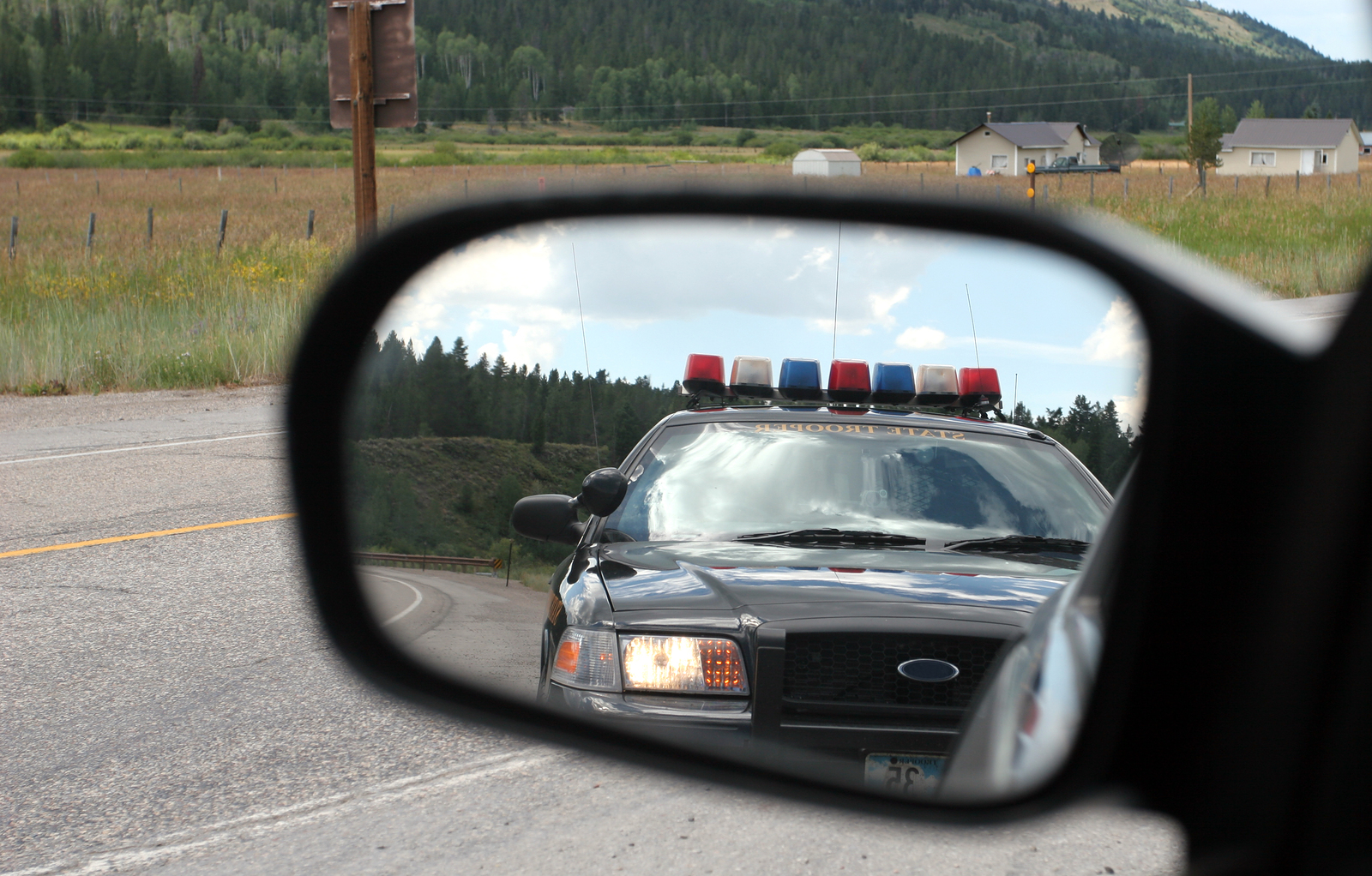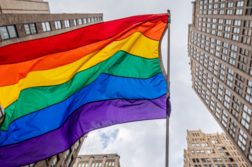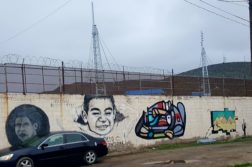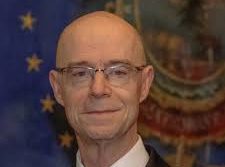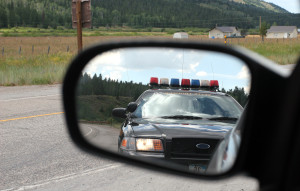 “IS IT TIME to do a James Baldwin?” is an inside joke of mine, and a cerebral one at that. It’s one I like to break out every so often among my friends when a racial episode occurs. Usually, it’s only my black gay friends who get it. It didn’t matter that James Baldwin was a brilliant poet, novelist, and social critic in mid-20th-century America; that he was black and gay was an irreducible fact. After being worn down by racism and homophobia, he moved to Paris as a young man and became an expatriate. So, when I ask if it’s time to do a James Baldwin, I’m basically asking if it’s time for me to go—to leave this country and find somewhere else to live.
“IS IT TIME to do a James Baldwin?” is an inside joke of mine, and a cerebral one at that. It’s one I like to break out every so often among my friends when a racial episode occurs. Usually, it’s only my black gay friends who get it. It didn’t matter that James Baldwin was a brilliant poet, novelist, and social critic in mid-20th-century America; that he was black and gay was an irreducible fact. After being worn down by racism and homophobia, he moved to Paris as a young man and became an expatriate. So, when I ask if it’s time to do a James Baldwin, I’m basically asking if it’s time for me to go—to leave this country and find somewhere else to live.
That may seem cowardly or glib, but in light of recent unrest and racism, most recently the shooting of Michael Brown in Ferguson, Missouri, and the failure to indict the cop who murdered him, it’s becoming less of a joke. I desire to escape from the quiet and seemingly relentless erosion of the black male personhood. Black people deal with this increasingly inescapable act in different ways. Some protest, some cry, some write eloquent Facebook soliloquies; I joke about it. Not just that, I would go on to imagine how I would handle the situation differently. How I wouldn’t end up like Trayvon Martin, Michael Brown, or Eric Garner.
Funnily enough, I very nearly had the opportunity to test my theories in the real world. While visiting a friend in San Diego, I found myself being followed by an SDPD patrol car. I thought nothing of it, especially because it was around noon on a beautiful Saturday. Surely, they weren’t really suspecting me and my passenger of being up to no good. I’ve lived in L.A. long enough to know that being followed by a police car every once in a while is part of the life of a black man, straight or gay. I mentioned our new admirer to my friend and kept on my way. I laughed about it, reverting to my go-to defense mechanism. Still, my shoulders never truly relaxed until they finally pulled away. It wasn’t long before I found myself making excuses to justify why they were following me. “My car does look shady,” I told my friend. It hadn’t been washed in months and, due to damage from a previous accident, my friend was seated in the back, leaving my passenger seat strangely empty.
What made the situation more surreal was that it came after my friend lamented the ways in which telecom and social media companies can track their users. Essentially, in his own words, “making us slaves.” Fair point, I thought at the time. That was until after making a right turn, I noticed I was being tailed again, this time by a different police car. Two police cars following me back-to-back within ten minutes of each other? Did I mention it was a beautiful sunny afternoon?
This second car went on to follow me for quite a few blocks, through several turns as I made my way to a taco shop. I couldn’t help thinking to myself, this area of town seemed pretty normal for a black person to be in. But there I go again, justifying their actions. In the end, I don’t know if it was a concerted effort or a sick profiling coincidence, but it happened. I laughed it off but was deeply unsettled. Nothing like that had ever happened before, not even in L.A. I couldn’t help wondering what I would have done if a third police car started had started following us. I remember telling my friend how I would pull over and confront them. Get right out. Walk over to the police car and ask the officer what I was going on.
Just writing those words, I can’t help but chuckle—because I’m all too aware that if I had done anything like that, there’s a real possibility that I could have ended up dead or, at the very least, in jail. I don’t have the luxury of indulging in power fantasies. Lately, I’ve become very conscious of where I am and what I’m doing in relation to any police officer. I’m hyper-aware every time the LAPD pulls behind me, even when I’m just sitting at a red light. I’m aware of walking in their vicinity to go home.
The motto of the LAPD and many other police departments is “To Protect and to Serve.” When I was younger, I use to assume that included me, but I no longer live in a fantasy world. Moreover, I can no longer assume, as I once did, that being gay and an effeminate gay man at that would diffuse the threat I pose as a black man. Just having black skin is a threat, no matter where you went to school or what you’ve done. Acting a certain way, not wearing a hoodie, not listening to rap music—I don’t think abstaining from those things will save you anymore.
The lessons I was taught by my father and other black men as a boy seem to be working less and less. I’ve found myself making jokes less and less. When it gets to the point where a black man with raised, empty hands is still considered dangerous enough to kill, maybe it’s time to go. When it gets to the point where saying “I don’t have a gun, please don’t shoot” isn’t enough to avoid being shot, maybe it’s time to go. When a black man being choked says “I can’t breathe,” and the officer still doesn’t loosen his hold, maybe it’s time to go.
Deep down, whether I want to admit or not, I know the truth. The racism that James Baldwin knew and ultimately made him leave the country isn’t really gone. It has just changed its form. It has become a thing that no one talks about and no wants to admit. And I don’t believe that my colorful, fun-looking outfits or polite manners will keep me from meeting a grim fate if I find myself in the wrong part of the country. I may not look like a thug or an asshole but I am still black and male, and more and more that’s all that matters.
Malek Mouzon is a writer based in Los Angeles.


